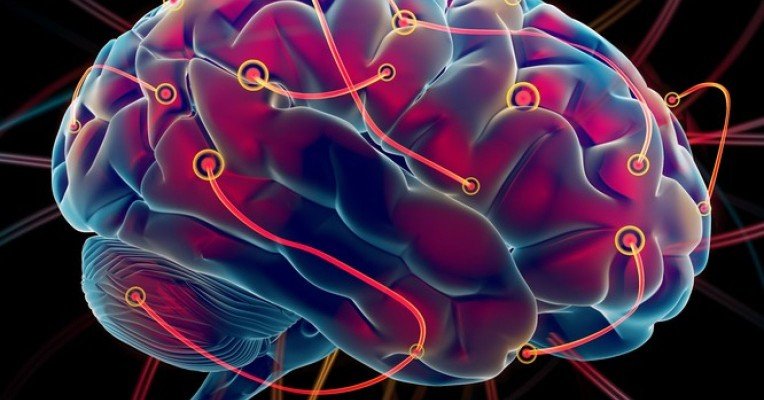Neuroplasticity, Deliberate Practice and our willingness to grow
Deliberate Practice is a specific learning model, but it ties into the broader sicence of human growth. Luca Rossi, an expert on psychotherapy expertise, writes about the importance of mistakes and motivation to human neuroplasticity.
The human brain has a remarkable ability to change and adapt, known as neuronal plasticity. Surprisingly, one of the key drivers of this plasticity is making mistakes. When we attempt a behavior and fail, our nervous system recognizes that something is not working and adjusts accordingly. While it's natural to feel frustrated when we make errors, we must recognize that they serve as important signals to our brain and nervous system.
These mistakes are at the core of our improvement when doing deliberate practice. Anyone who denies frustration and pain from their learning process will be destined to stagnate and stay where they are. But to succeed in Deliberate Practice, getting a better understanding of our brains response to frustration and failure is key.
Our brain does not perceive frustration as an emotional state; instead, it responds to the neurochemicals that are released. For example, when we start to approximate the correct behavior, even just a little, our brain releases dopamine, a molecule that helps us feel motivated and engaged. By understanding the role of dopamine in our brain, we can learn to tune up our dopamine system for discipline, hard work, and motivation.
However, hard work, and Deliberate Practice is by definition hard, is often seen as challenging, and most people do not enjoy it. When we work hard to achieve a reward that comes afterward, our perception of time can change, making the hard work seem longer, more difficult and less enjoyable. Research at Stanford University showed that when children who enjoyed drawing were given a reward for their art, they lost interest in drawing when the reward was later removed. This suggests that rewards, even self- imposed ones, can decrease our pleasure in the activity itself if they are external to that activity.
Deliberate Practice is by definition hard, but that doesn’t mean we can’t enjoy it
This doesn't mean that rewards are always bad, but we need to understand how dopamine affects our perception of time and pleasure. By attaching a feeling of challenge and effort to an internally generated reward system, we can find pleasure in the effort itself. We can learn to tell ourselves that the effort is pleasurable, even when it's difficult, and that the striving itself is the ultimate goal.
This shift in mindset requires us to engage the prefrontal component of the mesolimbic circuit in our brain. By focusing on the challenge and effort, we can generate dopamine circuits that reward us while we are in the midst of an effort. This helps us enjoy the process of what we're doing and makes it more efficient.
In essence, we need to learn to spike our dopamine from effort itself, rather than before or after engaging in an effort. We must tell ourselves that we are doing it by choice and because we love it, even when it's challenging. By adopting this growth mindset, we can learn to access the rewards from effort and doing and enjoy the process of self-improvement.
Luca Rossi
Research index:



